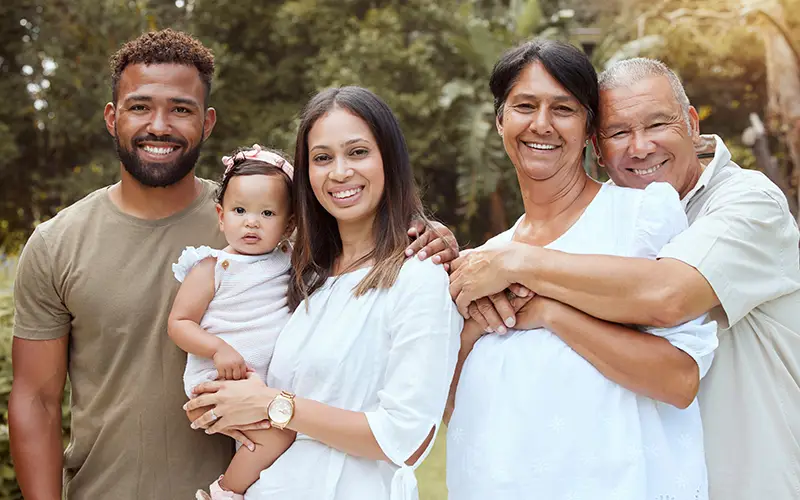
For as long as I can remember, “but they’re your family” came with the expectation to accept how your family treated you, no matter how bad it was. Even if we have unconditional love for our family, there should not be an expectation of unconditional tolerance. I love you, but I am not OK being treated like this, should always be a perfectly acceptable statement. But, when a family is dysfunctional, speaking up for yourself may cause more conflict, even if you are trying to improve family relationships.
Many people who seek therapy do so because of how they are being treated by others. Not just romantic partners, but very often it is family members that contribute to depression, anxiety, trauma symptoms, and other distress. Being treated as if you are constantly doing something wrong or are not good enough, especially by the people who are supposed to love and care about you the most, can be devastating.
Family dysfunction can show up in many forms and can be complicated. One common harmful family dynamic is when someone is chosen as the scapegoat. The scapegoat is the family member that often gets blamed for anything that is wrong, or treated like they can’t do anything right. The scapegoat may be mistreated by the whole family, no matter what they do or how hard they try.
There are those who will always accept this idea of unconditional family tolerance, and there are those that may not have a choice but to tolerate family dysfunction. If you are being treated badly by family, please remember that you are their family too. If you are expected to tolerate your family, then shouldn’t they be tolerant and accepting of you as well, without expressing unnecessary disapproval?
Setting boundaries (limits) around what you will and will not accept can be helpful, as well as taking steps to increase your resilience and self-worth. Not taking their behaviors personally (hard, but not impossible), and realizing that people’s behaviors are more a reflection of who they are than of who we are, can help manage the impact of mistreatment.
Nobody deserves to be treated badly by their family, and it can leave you feeling isolated and alone. Reaching out to a therapist means you will no longer struggle alone. You will have support and guidance to help you navigate challenging situations, thoughts, and emotions in a way that will leave you feeling stronger, more empowered, and capable of doing and feeling your best.
– Doty Collins, LCSW, has worked in different areas of the social work field since 2006. She has experience working with substance abuse and addictions, dual diagnosis, depression, anxiety, and PTSD. She has also been trained in alternative and complimentary chronic pain treatments, as well as brief therapy techniques. She works in the Pocatello Health West Clinic at 1000 North 8th Avenue.








